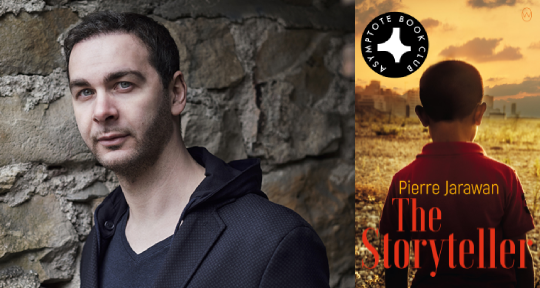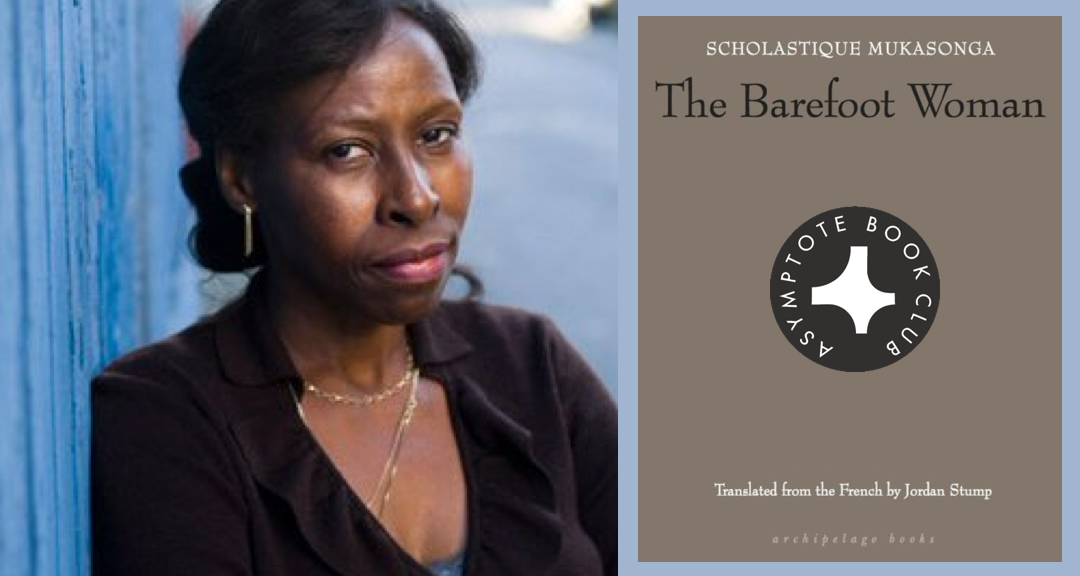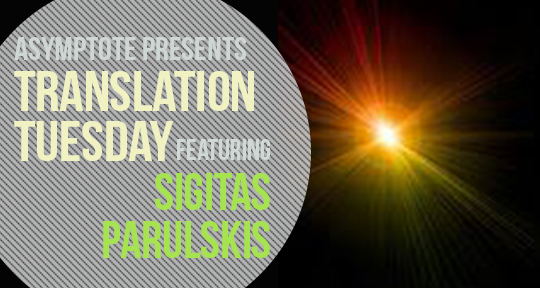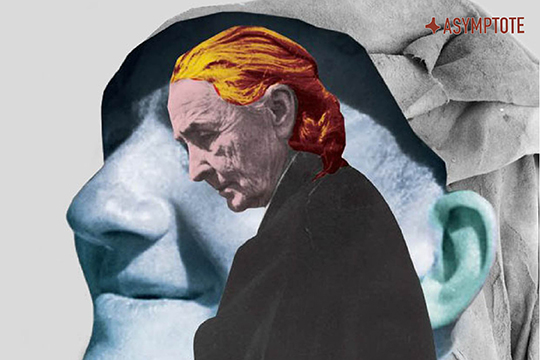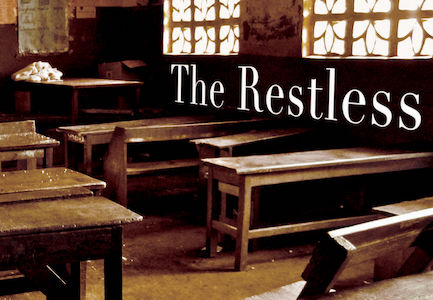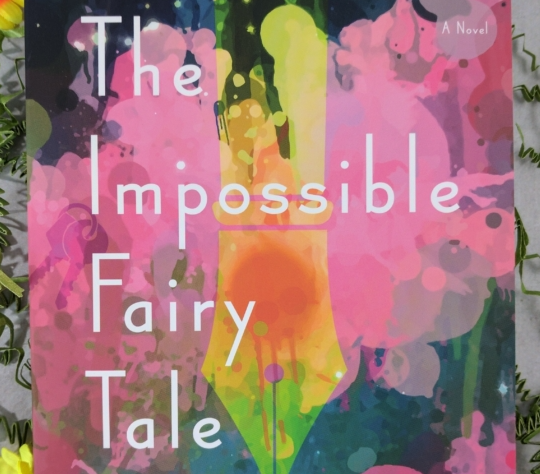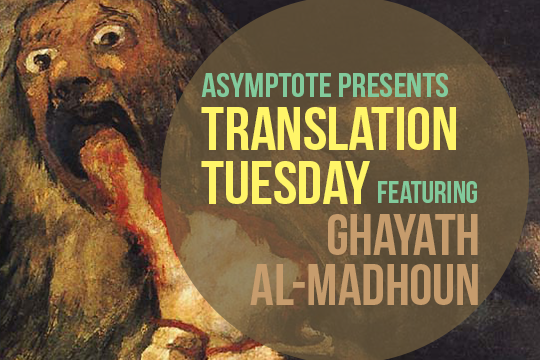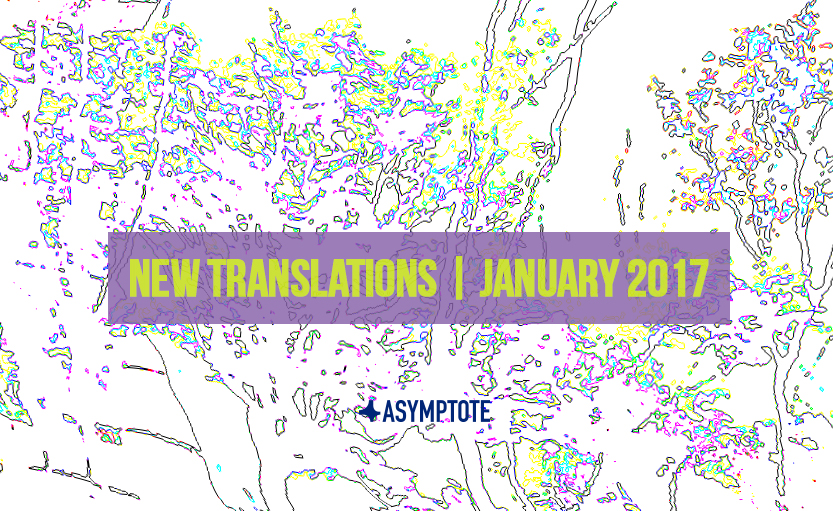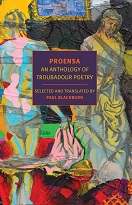The April Asymptote Book Club selection sends us to Lebanon for the first time, trailing the footsteps of protagonist Samir as he searches for his father and “struggles to resolve the contradictions and scars of his upbringing into a cohesive identity.”
Pierre Jarawan’s debut novel, The Storyteller, “does for Lebanon what Khaled Hosseini’s The Kite Runner did for Afghanistan, [pulling] away the curtain of grim facts and figures to reveal the intimate story of an exiled family torn apart by civil war and guilt.” The English version of the novel, co-translated by Sinéad Crowe and Rachel McNicholl, is available thanks to World Editions.
Our Book Club, catering to subscribers across North America and the EU (still including the UK!), has now published titles from seventeen different countries and thirteen different languages, and there’s still an opportunity to sign up for next month’s title via our website. If you’re already a member, join our online discussion here.
The Storyteller by Pierre Jarawan, translated from the German by Sinéad Crowe and Rachel McNicholl, World Editions, 2019
Reviewed by Lindsay Semel, Assistant Editor
The protagonist of The Storyteller, Samir, is born in Germany to Lebanese parents who fled their country’s civil war in the 1980s. Like many of his real-life contemporaries, he struggles to resolve the contradictions and scars of his upbringing into a cohesive identity. Grazing liberally from various cultures for its influences and allusions, Pierre Jarawan’s debut novel weaves between a past that feels too recent to be considered one, a present that feels too immediate to be already written about, and a future too intangible to trust.

